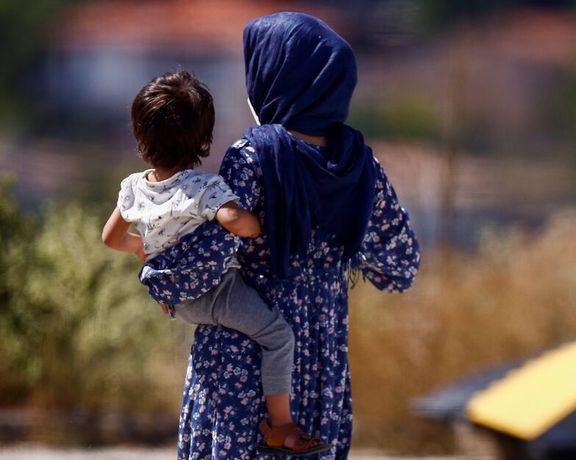Women’s Rights Group Warns Of Rise In Forced, Early Marriages In Afghanistan

The Purple Saturdays Movement, a prominent women’s rights group, has raised alarm over the rising number of forced and early marriages involving girls in Afghanistan.

The Purple Saturdays Movement, a prominent women’s rights group, has raised alarm over the rising number of forced and early marriages involving girls in Afghanistan.
The group warned that the situation has worsened under Taliban rule and called for urgent international solidarity to address the crisis.
In a statement issued on Wednesday, the group described forced marriage especially among underage girls as a deepening social crisis in Taliban-controlled Afghanistan. The return of the Taliban to power, it said, has intensified the practice, placing young girls at severe risk of mental, physical, and social harm.
“In Taliban-ruled Afghanistan, where a systematic gender apartheid regime governs, young girls, many not even past the threshold of adolescence, are coerced into unequal and forced marriages, often with men significantly older than themselves,” the statement read.
The movement highlighted that these girls are routinely denied access to education, personal development, and childhood experiences. As a result, they face early pregnancies, domestic violence, extreme poverty, and isolation further compounding their vulnerability.
The United Nations Children’s Fund (UNICEF) has echoed these concerns, stating that the ongoing closure of schools for girls has contributed directly to a rise in underage marriages. UNICEF has also criticised Taliban policies for exacerbating gender inequality across the country.
The Purple Saturdays Movement cited recent distressing cases that underscore the human cost of the crisis. In one instance, Abida, a young girl from Darzab-e-Nili village in Ghor province’s Taywara district, took her own life to escape a forced marriage to a Taliban member. In another case last year, a girl in Kandahar’s Khakrez district also died by suicide after being forced to marry an elderly man.
While forced marriage has long been a serious issue in Afghanistan, activists say it has sharply escalated since the Taliban returned to power in August 2021. Key drivers include economic hardship, severe restrictions on women’s education and employment, and fear of Taliban retaliation, which together push families to marry off their daughters in desperation.
The Taliban, however, claim they are addressing the issue. The Ministry for the Propagation of Virtue and Prevention of Vice stated that it had prevented 38 cases of forced marriage during April and May. Despite these claims, rights groups argue that such efforts are insufficient and largely overshadowed by broader structural repression against women and girls.
The Purple Saturdays Movement has called on the international community to increase pressure on the Taliban and to support initiatives that protect Afghan girls from abuse, early marriage, and the denial of fundamental rights.